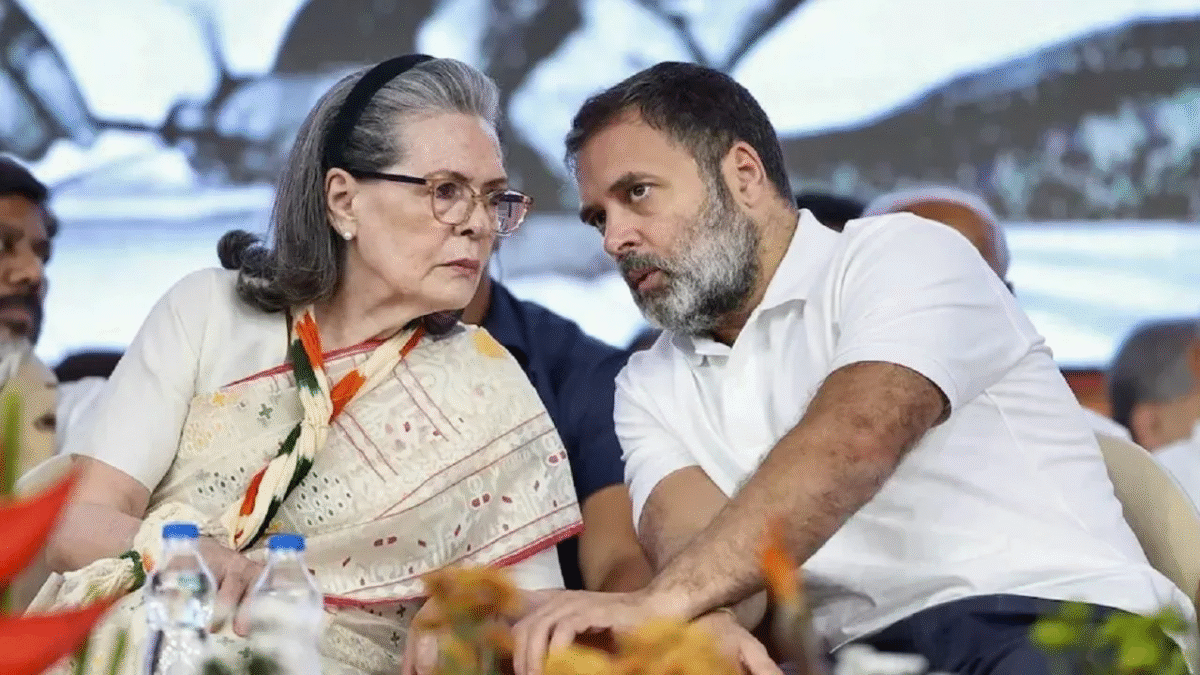New Delhi: The National Herald Money Laundering case has once again heated the political atmosphere. The Enforcement Directorate (ED) filed a charge sheet in the Rouse Avenue Court against former Congress President Sonia Gandhi, MP Rahul Gandhi as well as Indian Overseas Congress chief Sam Pitroda and some other senior leaders. Now the Delhi court has issued a notice to Rahul and Sonia Gandhi in this case.
The National Herald Money Laundering case was heard today in the Rouse Avenue Court in Delhi. Earlier, in the hearing held on 25 April, the court refused to issue a notice. In today’s hearing, the court has issued notice to Sonia and Rahul Gandhi. The next hearing in this case will be held on 8 May.
The notice issued by the Delhi court is likely to increase the difficulties of Rahul Gandhi and Sonia Gandhi. The ED has filed a charge sheet in the Rouse Avenue Court against former Congress President Sonia Gandhi, MP Rahul Gandhi and some other senior leaders of Indian Overseas Congress Sam Pitroda.
What is really the National Herald case?
In 2012, BJP leader Subramanian Swamy filed a petition in the court against it. Subramanian Swamy filed a petition accusing Congress leaders of financial fraud and misuse of power. The case is mainly related to two companies, Young Indian Limited (YIL) and Associated Journal Limited (AJL).
The AJL company was publishing the ‘National Herald’ newspaper. The organization was founded in 1938 by Pandit Nehru and other freedom fighters. However, over time this newspaper closed and Ajl got a huge debt. In 2011, the Congress party took this responsibility by donating Rs 90 crore from its pocket and a company called Yil was established. Both Sonia Gandhi and Rahul Gandhi have 38% stake in this company.
According to the ED investigation, the Congress waived a loan of Rs 90 crore and in turn transferred 9 crore shares of AJL to YIL. Thus, Yil acquired 99% of Ajl’s ownership. The important thing is that AJL has assets of about Rs 2,000 crore across the country. That is, the ED alleges that YIL acquired such a huge property in a very low amount. It was a financial conspiracy, which suspects a funding of Rs 988 crore. Investigation agencies say that they have found evidence of fake donations, artificially exaggerated advertising revenue and misuse of institutional funds.
